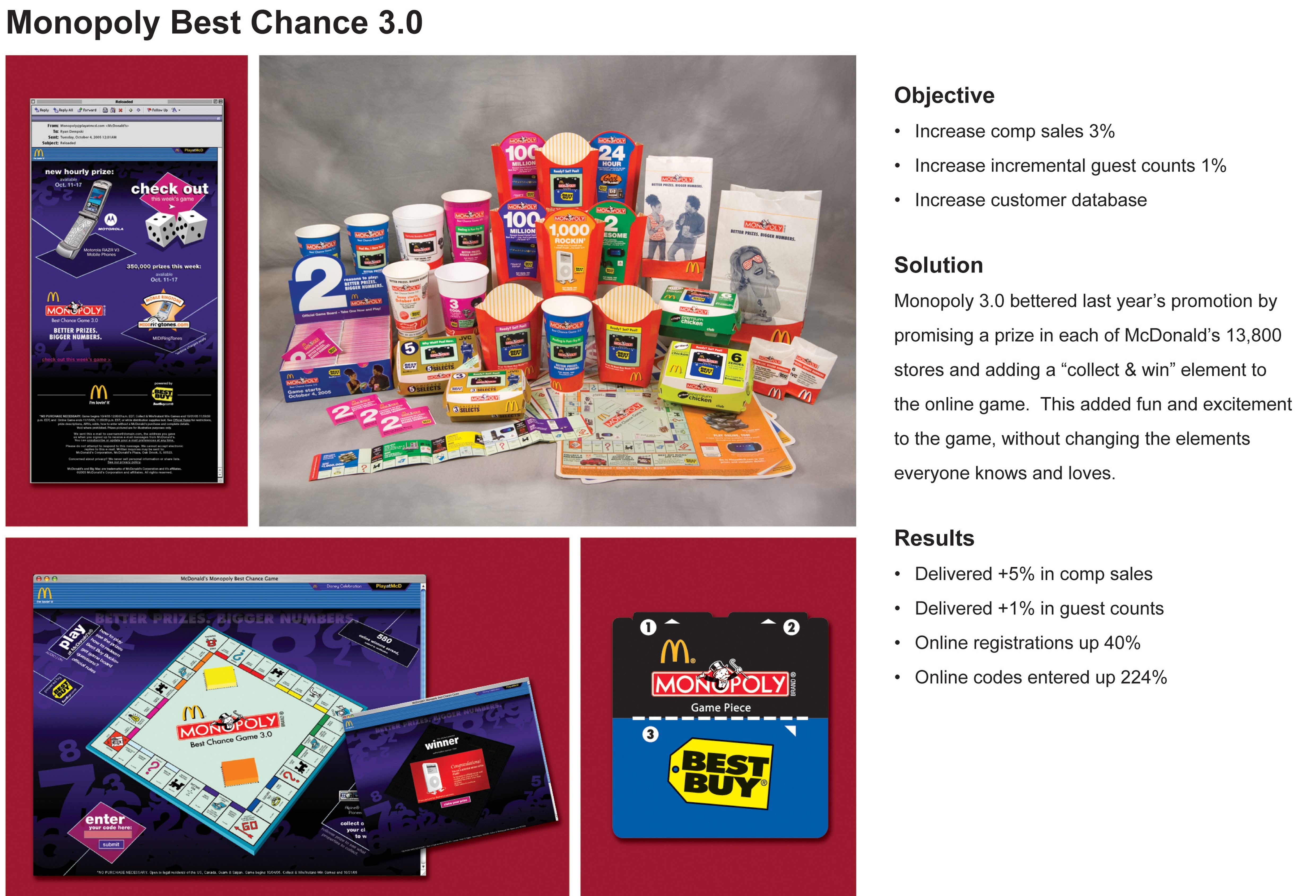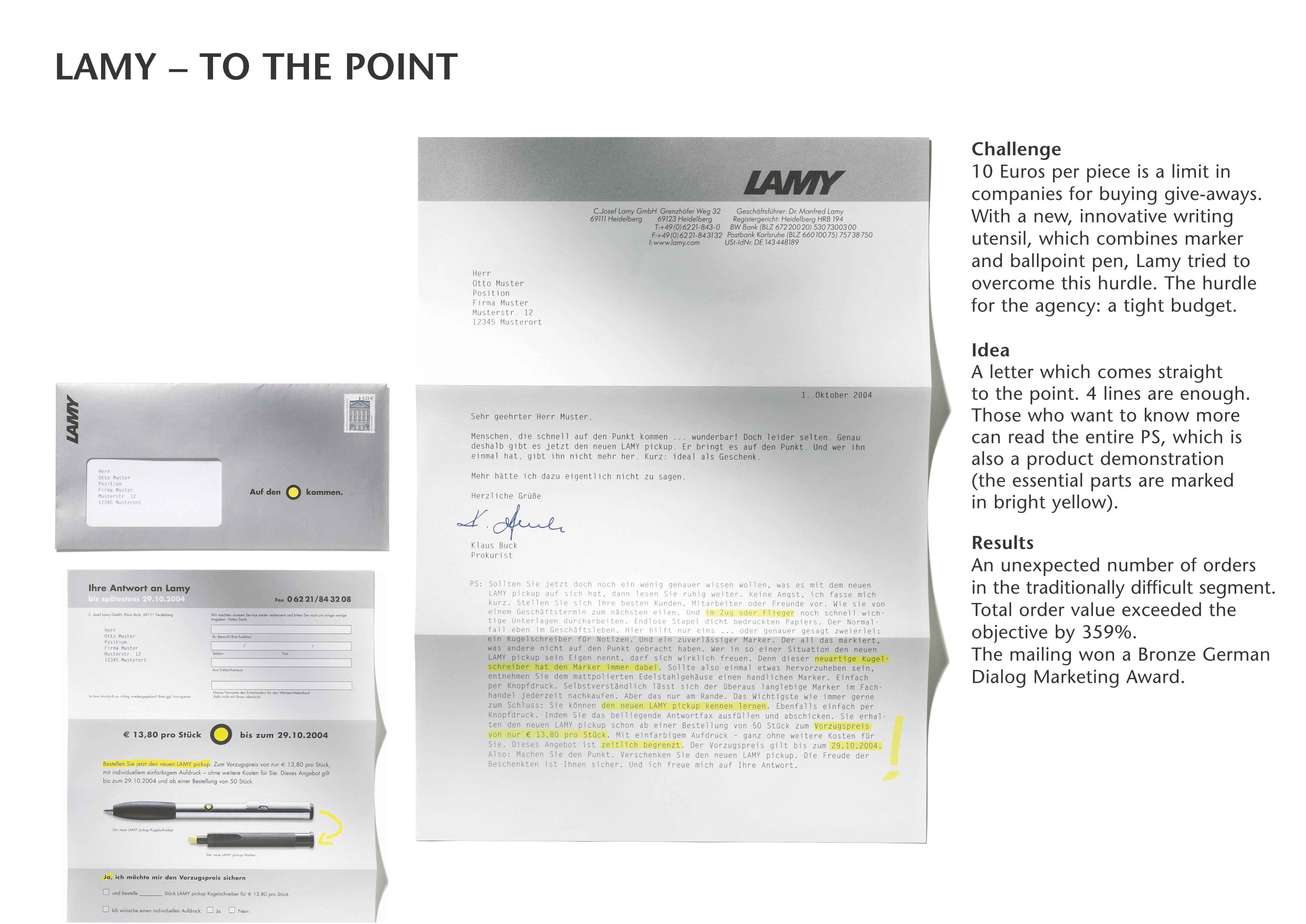Spikes Asia
McClassroom
LEO BURNETT , Makati City / MCDONALD'S / 2021
Awards:

Overview
Entries
Credits
Overview
Background
In March 2020, covid-19 brutally forced many businesses, including McDonald’s, to close its doors. In the months and the varying stages of lockdown that followed, the fast food chain fought to remain accessible via delivery and drive-thru, but with majority of dining rooms closed, McDonald’s had no choice but to give up its most powerful medium of engagement with its customers.
With all restaurants brands pivoting to delivery services, the essence of and differentiation among brands were becoming blurred. And with no end in sight for the pandemic, McDonald’s knew that it couldn’t just “ride it out” and hope that customers remember the brand fondly when all of this was over. It needed a fresh way to connect with its customers in the new normal.
Idea
Since the lockdown began, the party rooms at McDonald’s have sat empty and unused. Rooms that used to be filled with children’s laughter, and used to welcome an average of 60 customers per party have turned dark and quiet.
McDonald’s converted its empty party rooms into McClassrooms – quiet, sanitized, connected spaces that welcomed teachers struggling with the new normal of distance education . In a developing country where most homes were cramped and without an internet connection, McClassroom was an enormous help to teachers.
Strategy
As the world’s longest lockdown dragged on in the Philippines, the 2020 school year opened to the harsh reality of distance learning. Filipinos were not alone in the struggle to uphold children’s education. But what made it harder for both students and teachers in the Philippines were not only their cramped conditions at home, but the sorely inadequate internet coverage.
McDonald’s recognized that distance education is as much a challenge for teachers as it is for students. And as companies and private citizens raised funds for gadgets and portable WiFi kits, McDonald’s knew that it could do more, not just as a brand, but even more so as a member of the community. It had the space, the WiFi connection, and most importantly, it had the scale.
Execution
Upholding its responsibility to the community, McDonald’s transformed empty party rooms into McClassrooms : work areas for teachers who needed quiet, sanitized spaces to conduct virtual classes or develop teaching modules. Through community networks, teachers were invited to pre-register in their nearby McDonald’s store, and when they arrived, were welcomed warmly by the crew. Free WiFi and free McCafe provided a much-needed boost.
Over 220 McClassrooms were opened all over the country, in time for the opening of the school year, which also coincided with National Teacher’s Month.
Outcome
McClassroom welcomed over 450 teachers, and (virtually) tens of thousands of students all over the country. While it didn’t bring in incremental sales to McDonald’s, it brought in so much more.
McDonald’s saw a 142% increase in social media engagement, a 420% spike in social media shares, and $300,000 worth of free PR values.
The overwhelming appreciation for McClassroom translated to favorable imagery scores* for the brand and even the company.
● Is a company I trust : +1.5 ppts
● Is an ethical and responsible company: +2.8 ppts
● Makes a positive influence to my community : +5.1 ppts
McDonald’s may have been unable to open its doors to its usual patrons, but through McClassroom, it reached its customers in an entirely different way. This initiative even inspired other McDonald’s markets experiencing similar lockdown difficulties to open their own McClassrooms.
Imagery Scores from Kantar TNS Brand Health Monitoring tracking
Similar Campaigns
12 items







